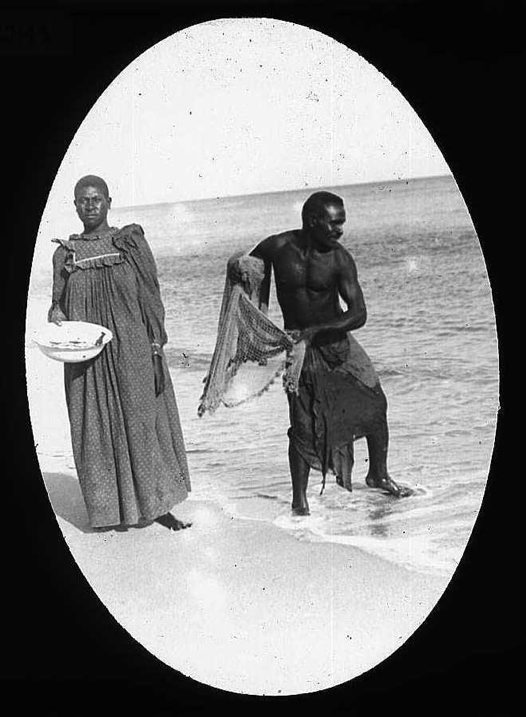Native title fishing rights awarded
 A landmark case has been decided which will see indigenous Torres Strait Islanders gain native title to operate commercial fishing activities in the ocean expanse between Australia and Papua New Guinea.
A landmark case has been decided which will see indigenous Torres Strait Islanders gain native title to operate commercial fishing activities in the ocean expanse between Australia and Papua New Guinea.
The victory is the end of a long battle for the Torres Strait fishers, who have been fighting since 2001 to secure the rights and build an economic base for their families.
A full bench of the High Court determined the groups rights had not been extinguished by state and Commonwealth licensing laws.
The decision is significant for a range of reasons, chief among them is the fact this is the first recognition of commercial native title even awarded. A similar stipulation had been included in the original Mabo case in 1992, but was removed at that time for the tricky legal situation it would have created. Now the Torres Strait islanders have continued that work and won, after more than ten years maintaining its momentum through the tedious court process.
University of Western Australia's law lecturer Lauren Butterly explained the legal importance: “The phrase "clear and plain intention to extinguish" which is a test that is applied in such native title cases... should not be misunderstood... the question was not about what the position would be if legislation affected native title but whether the legislation has extinguished it in the whole or in part.”
Ms Butterly also pointed out some standing laws on fisheries still apply, saying “there was a concession by the applicants, by the Torres Strait Islanders in this case, that they would still require commercial licenses to engage in commercial fishing.”
The professor of law says it is a good win for the expansion and development of native title laws and precedents: “we've seen sea country Indigenous protected areas come on line and recently the Commonwealth Government and also the Northern Territory Government announce their major expansion of a sea country Indigenous protected area in the Gulf of Carpentaria,” Ms Butterly said, “they're different to native title and certainly native title is not the one and only answer in this regard...it's an exciting move forward more generally, you know, not just specifically with native title.”








 Print
Print